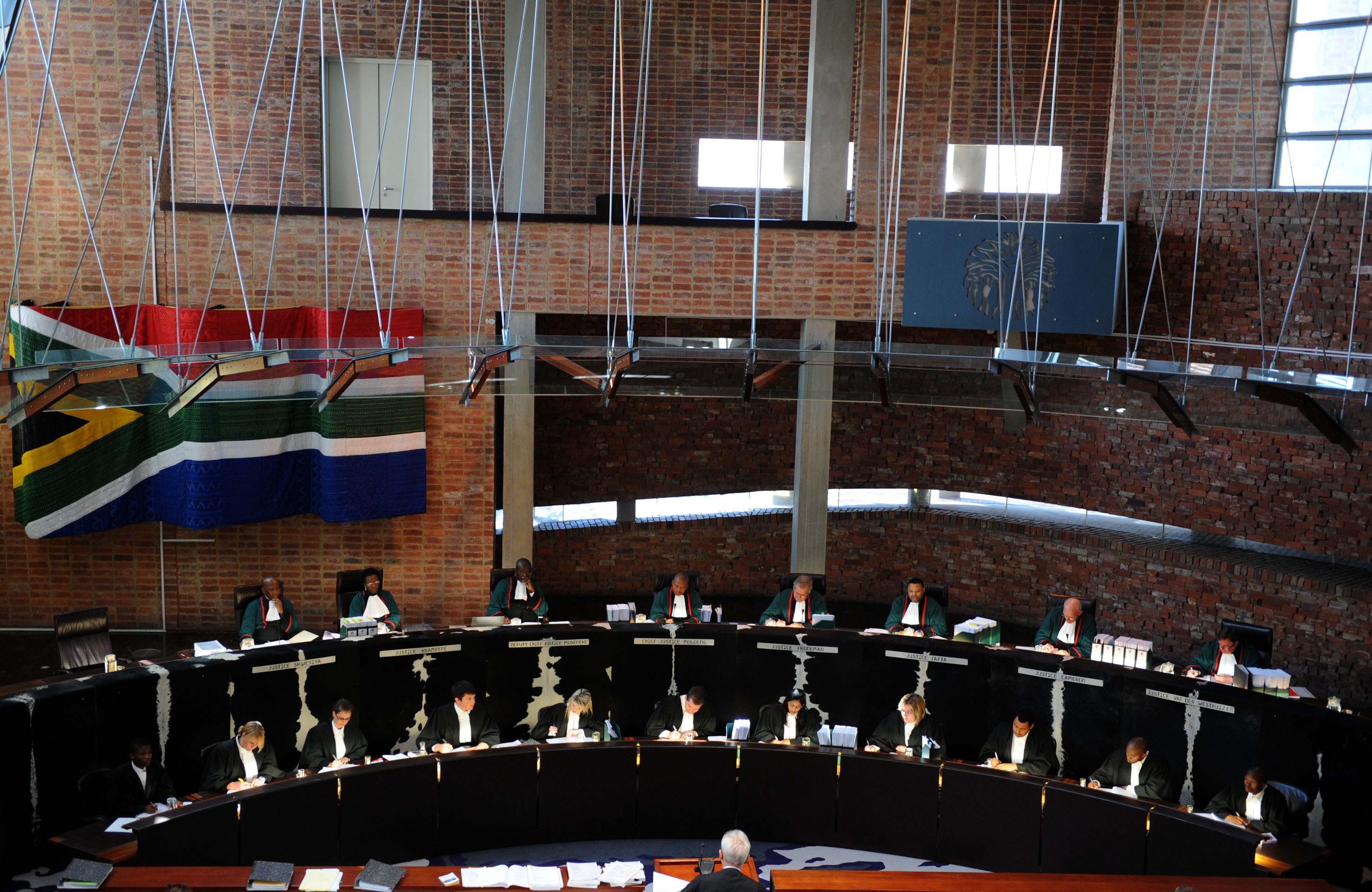South Africans were delighted to witness a historic moment in South Africa’s democracy, in which the Constitutional Court of South Africa (ConCourt), in a unanimous judgement by all 11 judges, ruled that President Jacob Zuma must repay the cost of non-security upgrades of his Nkandla homestead. The ruling orders the president to repay a reasonable amount, which is to be determined by the National Treasury. The findings by the Court is binding, compliance is, therefore, not optional.
The ConCourt has retained control of the implementation of its court order and, therefore, compels the National Treasury to report to the ConCourt itself – and to no other structure.
The Court furthermore found that the president did not “uphold, defend, and respect, the South Africa Constitution,” and asserted that the National Assembly “flouted” the Constitution by not questioning the report released by Public Protector, Thuli Mandonsela.
After a two-year investigation, Mandonsela released a report that raised concerns about the cost of the president’s private residence. The report, in a 450-page analysis, estimated that the cost of Nkandla amounts to R246 million, a stark increase from the initial cost of R27 million.
Political Analyst for Ethicore Political Consulting, Abdul Waheed Patel, explained that the ConCourt judgement sets the tone that a body such as the Public Protector cannot be treated in the manner that parliament and the executive dealt with the matter.
“This is a significant judgement since it indicates that the lines have been blurred when it comes to the separation of powers – the executive, the legislature, and the judiciary.”
Patel explained that the role of the public protector, and bodies such as the human rights commission, is established to serve the needs of all South Africans. The Public Protector was, therefore, undermined in its inability to freely perform its mandate.
“Individuals who want access to justice would resort to the public protector for recourse on issues of public interest.”
This form of manipulation of the system is a matter of concern particularly for citizens who, being unable to access legal counsel, should be confident in the powers invested in bodies such as the public protector.
“The very constituency that the ANC claims to represent – and is in fact the mass of its support base – now finds itself disadvantaged by the ANC’s own conduct. This will have serious ramifications,” Patel asserted.
The EFF’s Julius Malema is reported to have stated that he will not “listen to the president any longer” as he considers this ConCourt ruling to effectively delegitimize parliament.
Patel, however, asserts that the question of the legitimacy of government institutions was raised by various stakeholders prior to the ConCourt ruling.
He further noted that the recent resignation of the ANC chief whip, Stone Sizani, brought to the fore concerns from within the ranks of the ANC about the ANC’s leadership and structures.
Executive secretary of the Council for the Advancement of the South African Constitution, Lawson Naidoo, explained that the ConCourt ruling was an affirmation of the supremacy of the Constitution, as well as an affirmation of the strength of the rule of law by the courts of South Africa.
“It’s a judgement that will go down as having strengthened constitutional democracy in South Africa and fulfilled the vision of the fathers and mothers of our Constitution,” Naidoo affirmed.
Though the ruling may hold political consequences, Naidoo asserted that the ruling has no legal implications.
He further explained that parliament holds the power to remove the president; the impeachment process is, therefore, in the hands of parliament and does not allow for legal recourse.
“The indictment on parliament is really an indictment on the majority party and how it conducted itself with the various ad hoc committees,” Naidoo explained.
Chief Justice Mogoeng Mogoeng’s critics, who previously questioned the process of his appointment, Naidoo noted, will now be admitting that their previous assessment of Mogoeng’s appointment is incorrect.
“I think that Justice Mogoeng upheld the constitution. The Court has also done an exemplary job in how it has handled this matter, how it has heard the matter, and how it has produced a judgment as clear as they have.”
Naidoo noted that the speedy six week sitting of the Court, in making the decision, speaks to the public importance of the matter at stake.
This historic ConCourt judgement, Naidoo concluded is sure to be studied for many years, since it clarifies certain aspects of our constitutional framework.
VOC (Thakira Desai)






 WhatsApp us
WhatsApp us 

